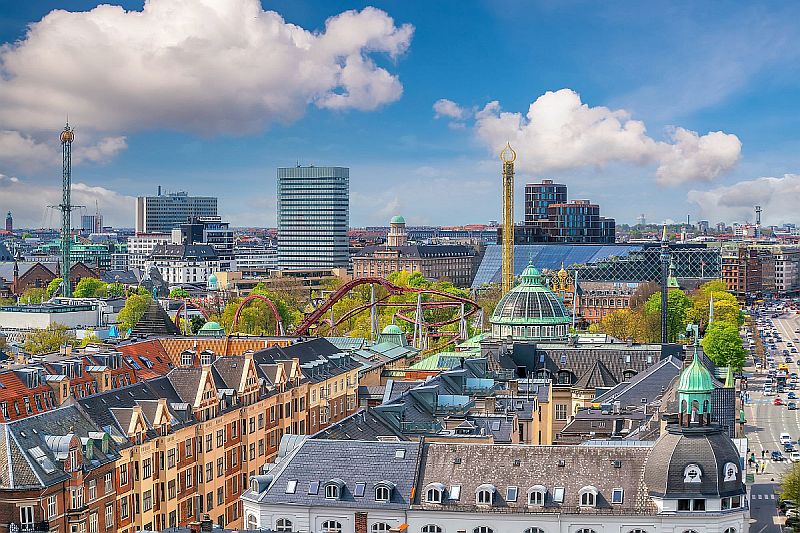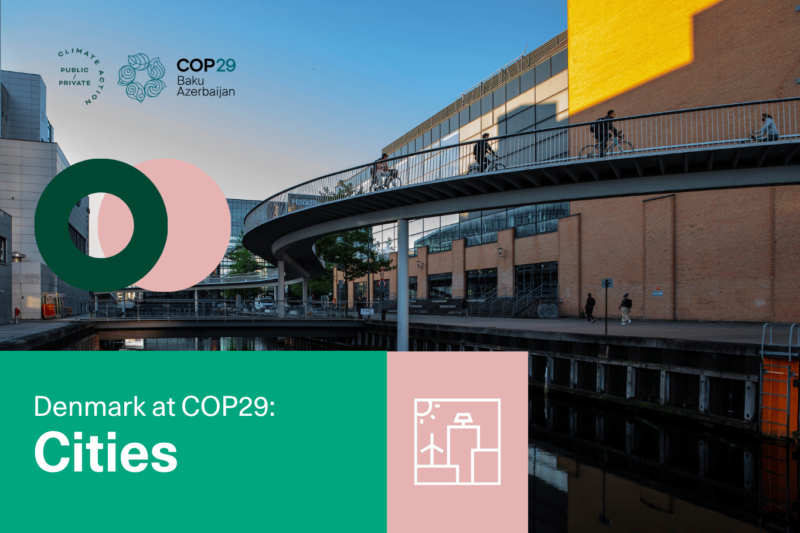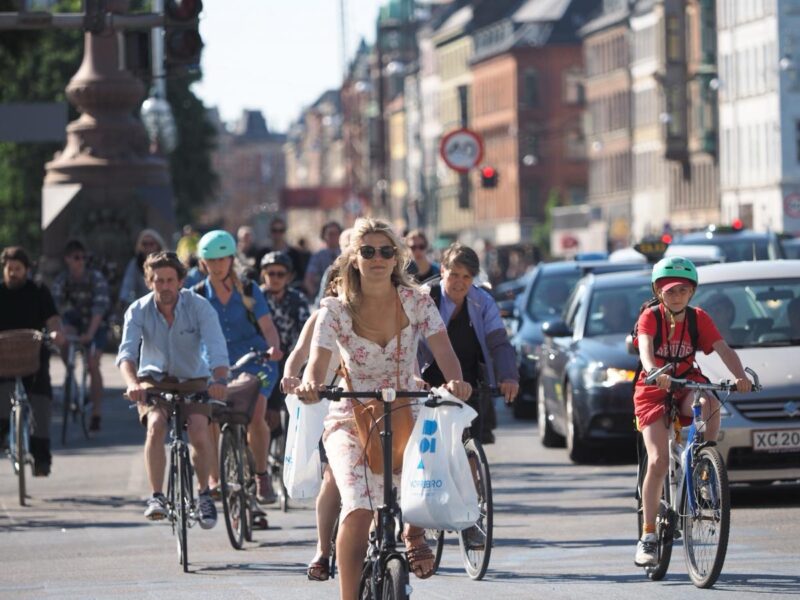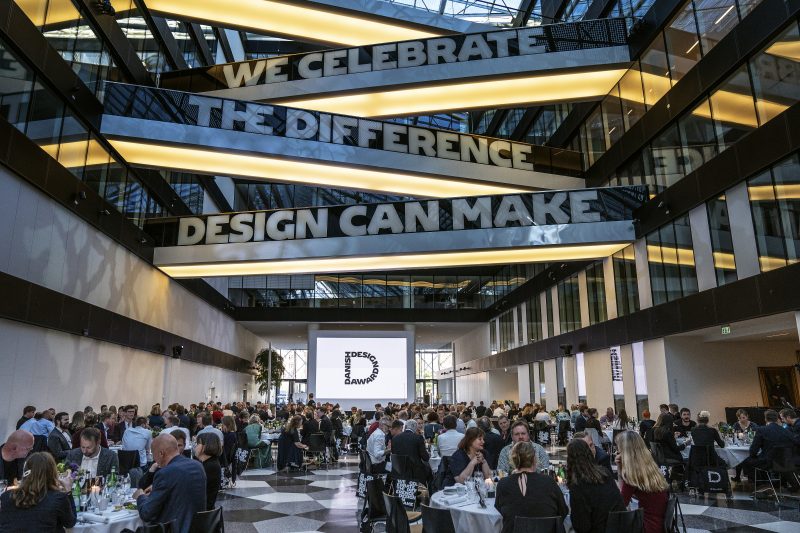News
Urban infrastructure planning
Urban mobility
Bicycles Outnumber Cars for the First Time in Copenhagen


Since Copenhagen municipality began carrying out manual traffic counts in 1970, the city has installed 20 electric bicycle counters that monitor the city’s daily traffic. This month they have broken a new record, announcing that the city’s number of bicycles now surpass its cars.
Over the last 20 years, the bicycle traffic has risen by 68%. A total of 35,080 bicycles have joined the cycle tracks this past year, bringing the total number to 265,700, compared with 252,600 cars.
- Read The Guardian’s article here
Klaus Bondam, technical and environmental mayor from 2006 to 2009 and now head of the Danish Cycling Federation, tells the British newspaper:
- What really helped was a very strong political leadership; that was mainly Ritt Bjerregaard [the former lord mayor], who had a dedicated and authentic interest in cycling. Plus, a new focus on urbanism and the new sustainability agenda broke the glass roof when it came to cycling.
- Related news: Minister for Transport and Building Wants to Expand Danish Bicycle Tourism
DKK 1 billion has been invested in cycling infrastructure since 2005. Some of these investments include the Cycle Snake (Cykelslangen), Kissing Bridge, The Cycle Bridge, and multiple expansions of bicycle parking spaces.
- Cycling went from being a normal part of daily life to a core identity for the city, says Bondam.
- Related news: New White Paper: Sustainable Urban Transportation
The current mayor of technical and environmental affairs, Morten Kabell expects to see the central core of the city between Nørreport, City Hall, and Kongens Nytorv becoming car-free within a decade. He says he’s striving for 50% of all commutes to be made by bicycles across Greater Copenhagen by 2025. The current figure is 41%.
However, as the metro extension opens in 2019, he expects this figure to fall:
- There’s no doubt it will take some of the bike traffic; but the important thing for me is to have a green transport system. As long as it’s fossil-free and alleviates congestion and air pollution, I’m cool with that.
- Source: The Guardian
You should consider reading
events
Urban planning and development
+7















